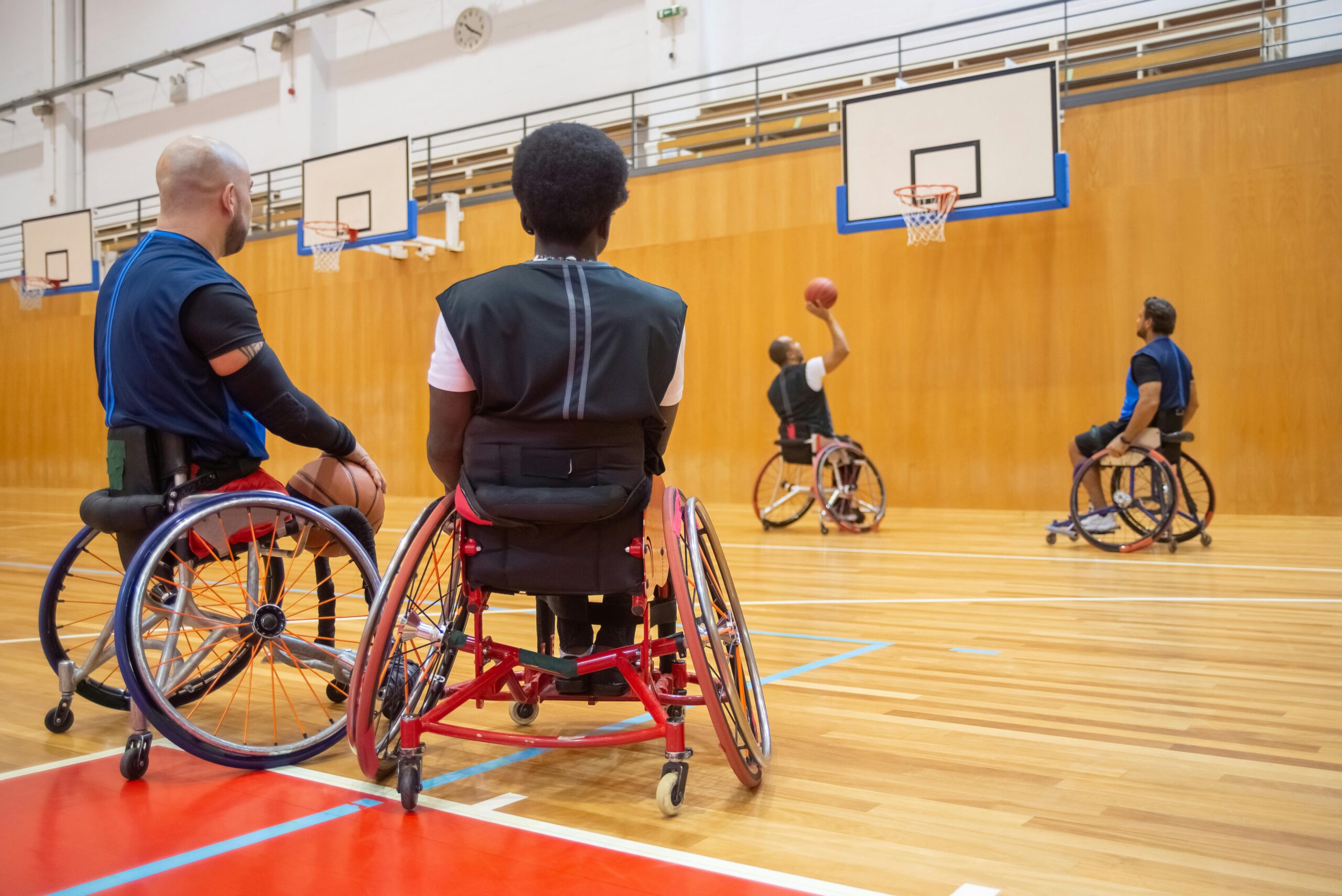Over the past year, as anti-DEI (diversity, equity, and inclusion) efforts have hit the headlines, I’ve talked with countless leaders who are wary of potential catastrophic impacts for their work – layoffs, lawsuits, the list goes on. The irony? Those imbedding fear in DEI leaders are scared themselves.
Anti-DEI forces are tapping the intrinsic human fear of exclusion to build their take-down of DEI. They want to convince people that they are being left out of the economy, left out of having a voice, left out of fair access to opportunities, and left out of being relevant.
When we believe we are left out, it is easy to feel scared. Scared of losing what we have and scared of what else we can lose. When we feel like we’re being left out, we believe that the fight must be a zero-sum game – it’s me or them – never us winning together.
When ideologies and identities are conflated into opposing forces (as we’ve seen recently in the U.S. political landscape), winning together can feel like an oxymoron. In reality, winning together means moving away from finger-pointing and debating the reality that most things don’t exist in dichotomies. DEI is about shaping our systems, policies, institutions, and conditions so no one is left behind and everyone can thrive in their own self-determination.
DEI’s unifying powers in action are seen this week, in the Paralympic Games.
With origins to honor injured veterans, so they could be actively included and celebrated, not left behind and forgotten, the Paralympics have evolved to carry forward broader goals around inclusivity. The 2024 Paris Paralympic Games begin on August 28, and Paris has invested over €1.5 billion ($1.6 billion) to improve education, employment, and accessibility for people with disabilities.
Even though the Paralympic Games last only 11 days, the investments to make host cities more equitable and accessible will endure long after – not only for people with disabilities, but kids, the elderly, those in recovery from medical procedures, those who are pregnant, weary travelers, and more.
While more than 4,400 Para athletes will compete for bronze, silver, and gold at over 549 sporting events, in between those events, they will get to live, eat, and train in spaces made with them in mind. “The residence areas and apartments do not have steps. The restrooms are spacious, and the shower has a chair that allows athletes to transfer from their wheelchairs. Electric sockets are even placed 45 centimeters above the floor to make it easier for athletes with different disabilities to reach them.” The completely accessible Paralympics Village is the physical manifestation of providing the Para athletes with everything they need to compete at their best.
The Paralympics is a testament to DEI’s charge and mandate – to broaden and expand resources, opportunities, information, and care so that everyone, inclusive of all identities and abilities, can access what they need to meet their highest potential. Even though most of the athletes won’t go home with a medal around their neck, they will have shown us that winning together is not about a singular medal but rather getting access to all the essential resources, opportunities, and care to be the best versions of ourselves.
That doesn’t sound scary at all.
AiLun Ku is the Senior Strategic Advisor at NationSwell

 "
"